Rosario Flores, born on November 4, 1963, in Madrid, Spain, is a dynamic force in the world of Spanish music. As the daughter of the legendary Antonio Flores and Lola Flores, she inherited a rich flamenco legacy and went on to carve her own distinct path in the industry. This blog delves into the captivating biography of Rosario Flores, exploring her journey from the heart of flamenco to becoming a multifaceted artist celebrated for her soulful voice and versatility.
Early Life and Flamenco Roots:
Born into the illustrious Flores family, Rosario grew up surrounded by the vibrant rhythms and passionate melodies of flamenco. Her father, Antonio Flores, was a renowned singer-songwriter, while her mother, Lola Flores, was an iconic flamenco dancer and singer. The familial immersion in the world of flamenco laid the foundation for Rosario’s deep connection to the genre, as she absorbed its traditions and complexities from an early age.
Rosario’s childhood was marked by an unconventional upbringing, with her parents being prominent figures in the Spanish entertainment scene. This exposure to the bohemian world of artists and musicians influenced her artistic sensibilities, nurturing a spirit of creativity and expression that would define her future endeavors.
Early Career and Flamenco Fusion:
Rosario Flores made her musical debut at the tender age of 16, releasing her first album, “De Ley,” in 1985. The album showcased her powerful, raspy voice and a commitment to her flamenco roots. However, it was her willingness to experiment with different musical styles that set her apart. Rosario was among the first artists to venture into flamenco fusion, blending traditional flamenco with elements of pop, rock, and Latin music.
Her subsequent albums, such as “Siento” (1986) and “Mucho Por Vivir” (1989), continued to showcase her evolving sound. The infusion of diverse influences demonstrated her desire to break free from the constraints of traditional flamenco and explore the boundless possibilities of musical fusion. This innovative approach earned her recognition as a trailblazer in the Spanish music scene.
Acting Career and Artistic Exploration:
Rosario Flores’s artistic exploration extended beyond the realm of music. In the early 1990s, she embarked on an acting career, showcasing her talents in film and television. Her performances, marked by authenticity and emotional depth, earned critical acclaim. Notable films like “El Niño de la Luna” (1989) and “El Porqué de las Cosas” (1993) allowed her to flex her artistic muscles in a different medium while maintaining a strong connection to her flamenco roots.
During this period, Rosario’s musical journey took her to new heights. Albums like “Jugar a la Locura” (1992) and “Mucho Por Vivir” (1995) continued to showcase her dynamic vocal range and ability to seamlessly blend genres. She collaborated with artists like Alejandro Sanz, further solidifying her reputation as a versatile and collaborative artist.
Grammy Win and International Recognition:
In 2002, Rosario Flores achieved a significant milestone in her career with the release of “Muchas Flores,” an album that earned her a Grammy Award for Best Latin Pop Album. This accolade marked a turning point, catapulting her into the international spotlight and cementing her status as a global ambassador for Spanish music.
Her ability to infuse flamenco with contemporary sounds resonated with audiences worldwide, making her a beloved figure not only in Spain but also in Latin America and beyond. The album’s success affirmed Rosario’s position as a groundbreaking artist who had successfully navigated the evolving landscape of the music industry.
Personal Challenges and Resilience:
Rosario Flores’s life has been marked by personal challenges, including the untimely death of her brother, Antonio Flores, in 1995. The loss was a profound tragedy that deeply affected her and her family. Despite the hardships, Rosario channeled her grief into her art, using music as a means of catharsis and self-expression.
Her resilience in the face of personal loss and adversity is reflected in her music, which often explores themes of love, heartbreak, and the complexities of life. Rosario’s ability to connect with audiences on a deeply emotional level is a testament to her authenticity as an artist and her willingness to share the highs and lows of her personal journey.
Return to Flamenco Roots:
In the 2010s, Rosario Flores experienced a creative resurgence that saw her return to her flamenco roots. Albums like “Raskatriski” (2011) and “Gloria a Ti” (2012) showcased a renewed commitment to traditional flamenco, with a contemporary twist. This return to her roots was a deliberate choice, reflecting a desire to honor the legacy of her family and pay homage to the genre that had shaped her identity as an artist.
Collaborations and Musical Evolution:
Rosario Flores’s collaborative spirit has been a defining aspect of her career. Her willingness to work with artists across genres has led to dynamic and unexpected musical partnerships. Collaborations with musicians like Diego El Cigala and Antonio Carmona have added layers to her already diverse discography, showcasing her ability to navigate seamlessly between flamenco, pop, and Latin influences.
Throughout her career, Rosario Flores has continued to evolve as an artist, exploring new sounds and pushing the boundaries of musical expression. Her 2020 album, “Cuando el Río Suena,” exemplifies this evolution, with tracks that incorporate elements of reggae, funk, and R&B. This willingness to embrace change while staying true to her roots underscores her enduring relevance in the ever-shifting landscape of the music industry.
Conclusion:
Rosario Flores’s biography is a tapestry woven with threads of flamenco, innovation, and resilience. From her early days in Madrid, surrounded by the echoes of flamenco in her family home, to her international acclaim as a Grammy-winning artist, Rosario’s journey has been one of evolution and exploration. Her ability to infuse traditional flamenco with contemporary sounds and her willingness to navigate personal challenges with grace have solidified her status as a trailblazer and a timeless icon in Spanish music. As she continues to captivate audiences with her soulful voice and dynamic performances, Rosario Flores stands as a testament to the enduring power of musical innovation and the rich legacy of flamenco that pulses through her veins.
.- Youtube Feature Video: Rosario – Tu Boca (Video Oficial) Link here.


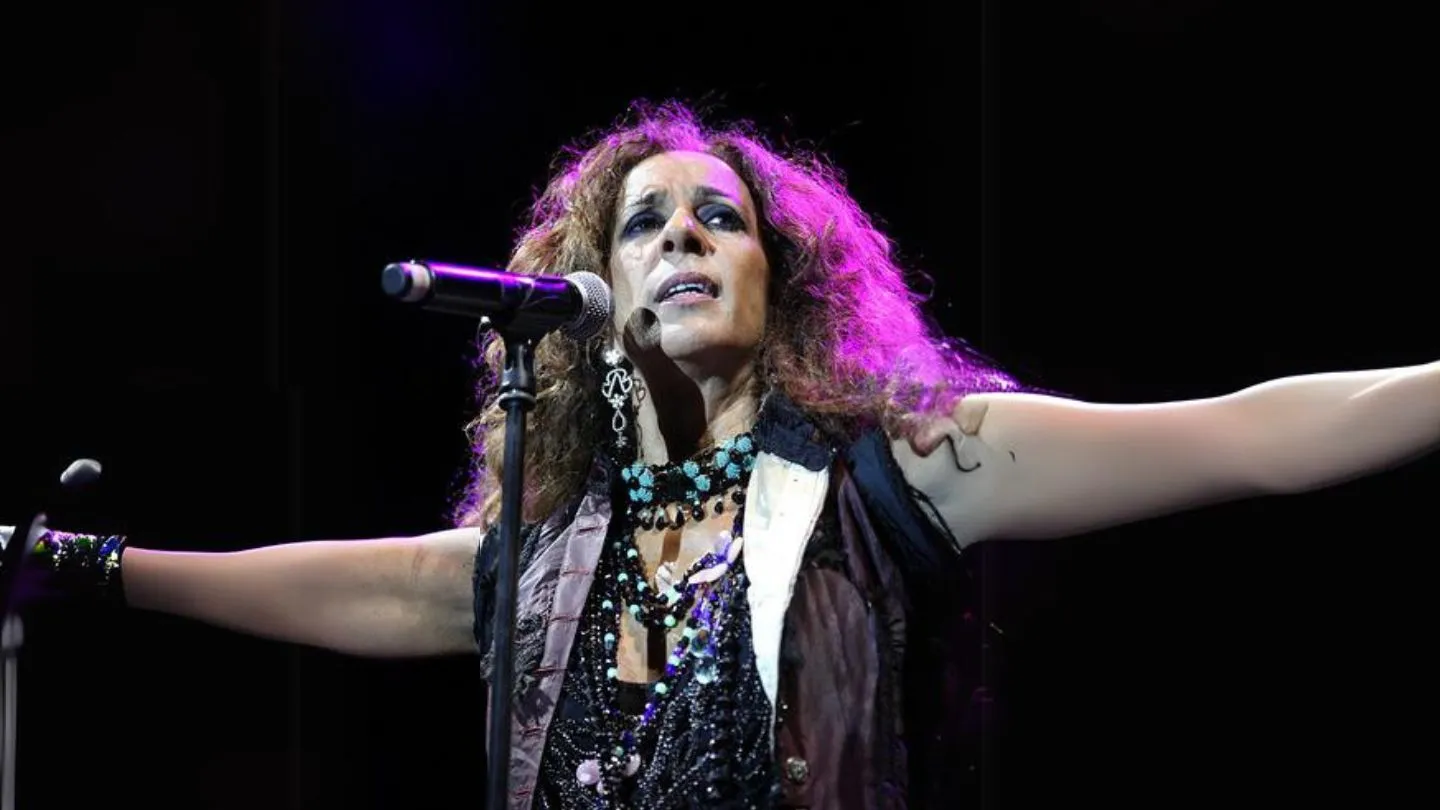








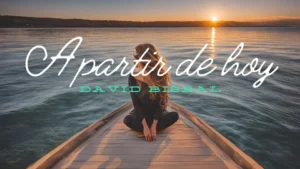

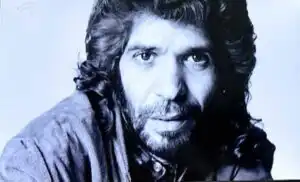

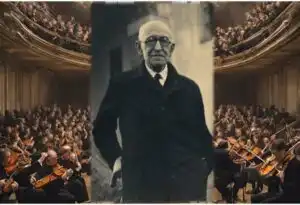
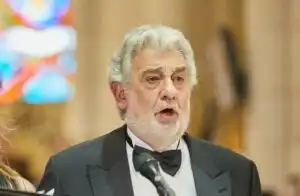


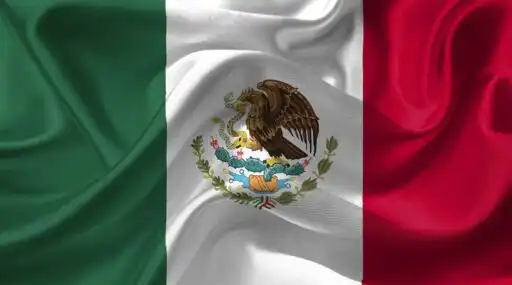
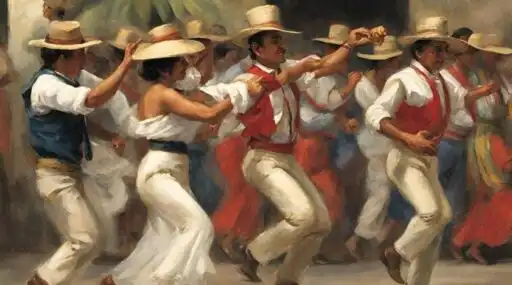




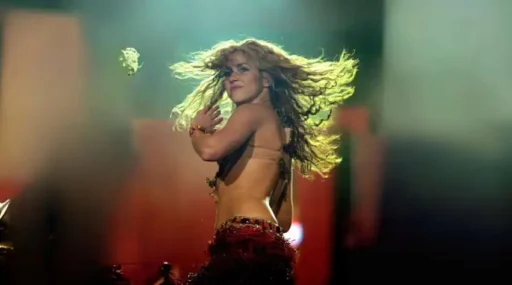





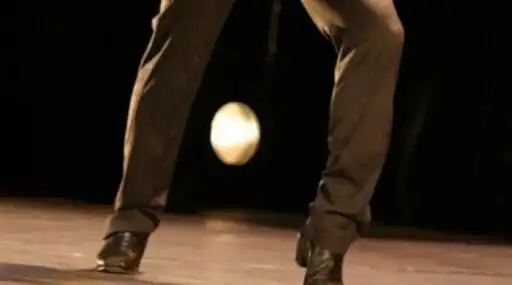
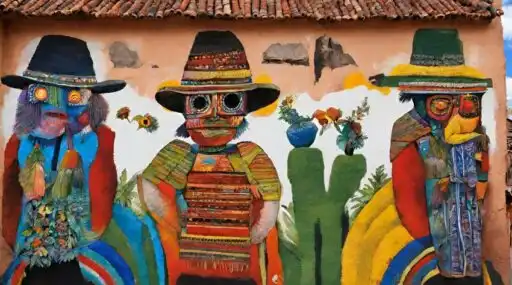
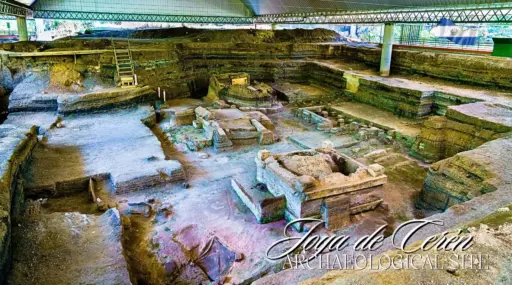


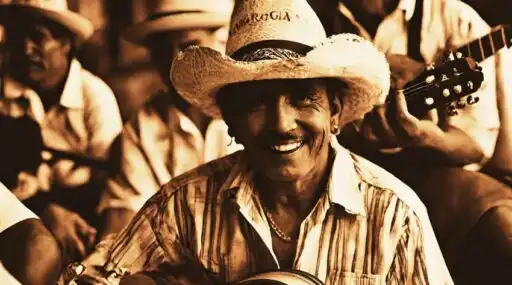

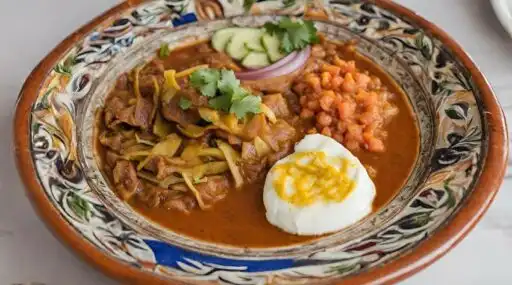

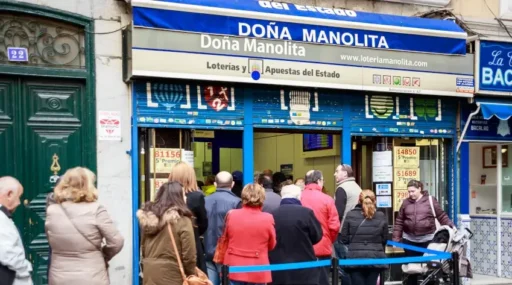
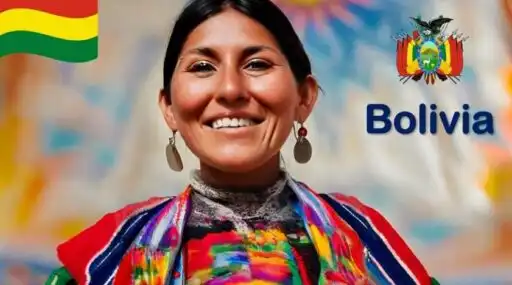


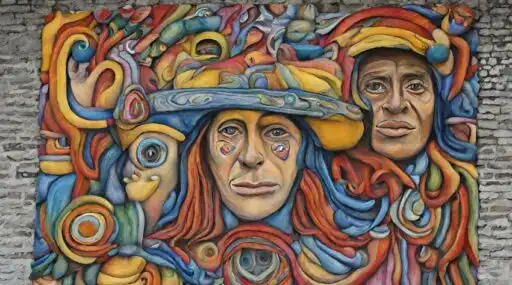
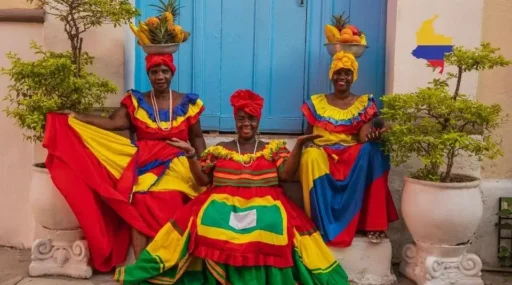

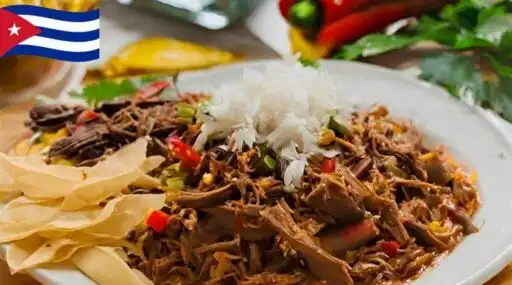

Leave a Reply